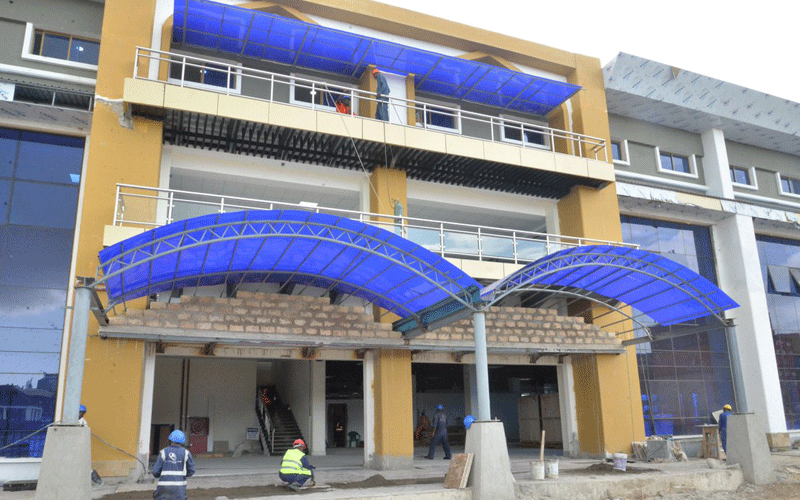KPA chair explains why CEOs exit at record pace

Reuben Mwambingu and Mukalo Kwayera
The high rate of executive turnover at Kenya Ports Authority (KPA) continues to raise eyebrows with talk of a “hidden hand” working to exacerbate the exits.
Although the exits of top managers in a firm’s hot seat are a fact of life in the business world, some sources say there is more to the frequent changes at the State corporation than meets the eye.
They point at powerful networks with close interests in port businesses, coupled with political pressures as key issues that shape the destinies of the coveted managing director’s post at the parastatal.
Early this year, former KPA Managing Director Daniel Manduku quit the position just a year and three months after he was confirmed as the substantive chief of the agency.
Though Manduku did not state the exact reasons for resigning, the abrupt decision on March 27, what remains clear is that the former port chief joined the long list of CEOs who have exited the authority unceremoniously.
Vested interests
However, KPA chairman General (Rtd) Joseph Kibwana dismisses claims of manipulation of the chief executive officer’s position by powerful individuals with deeply vested interests at the port.
Kibwana says the contract for the MD is usually between the board of management and the respective individually, thus ruling out any possibility of influence by stakeholders who he termed as “totally out of question.”
Kibwana said stakeholders can in no way influence the position of the MD because the contract is usually between the MD and the board.
“So claims that there are individuals who decide who should be the MD at the port are just pure propaganda,” Kibwana said in a recent interview with Business Hub.
This even as he agreed to the fact that KPA is an entity with complex operations and “too many interests and challenges.”
Kibwana argued that the high standards set by the board is one of the reasons behind the series of exits by port managers, noting that in fact most of the MDs exit after expiry of their term or by tendering resignations.
Before Manduku took helm at the authority, two of his immediate predecessors Catherine Mturi-Wairi and Gichiri Ndua had suffered almost similar bitter exits after succumbing to pressure from above.
Two others namely; Abdalla Mwaruwa and James Mulewa were also hounded out in not dissimilar controversial circumstances.
Mulewa who was Ndua’s immediate predecessor was sacked over corruption allegations while Mwaruwa who was the managing director before Mulewa was dismissed following protests by workers and a cargo congestion crisis.
On whether some people with vested interests were pulling the strings from behind the scene, Kibwana says if one looks at the adverts for port MD they will realise that the standards are usually very high.
“I believe if you feel you have been unable to achieve the task given, you are free to pen your resignation and that is what previous MDs have been doing like in the case of Manduku,” he said, adding that no one has been fired.
Asked to give an assessment of Manduku’s performance, Kibwana said it is difficult to do so since he himself joined KPA shortly before the resignation.
“For me to give a candid assessment I ought to have been around for his entire term but unfortunately I joined halfway his term,” he explained.
Kibwana was appointed by President Uhuru Kenyatta to replace Major (rtd) Madoka whose three-year term expired on April 16, 2019.
Complex operations
Madoka has, however, described KPA as an entity with complex operations and “too many interests and challenges.”
“If we are to discuss these challenges then we have to to go case by case which means I will have to discuss individuals, something which I don’t think would be proper for me,” Madoka told Business Hub in a telephone interview.
Madoka was appointed by President Uhuru Kenyatta to chair the KPA board for three years, with effect from April 17, 2015, replacing former assistant minister Danson Mungatana who served just for a year.















